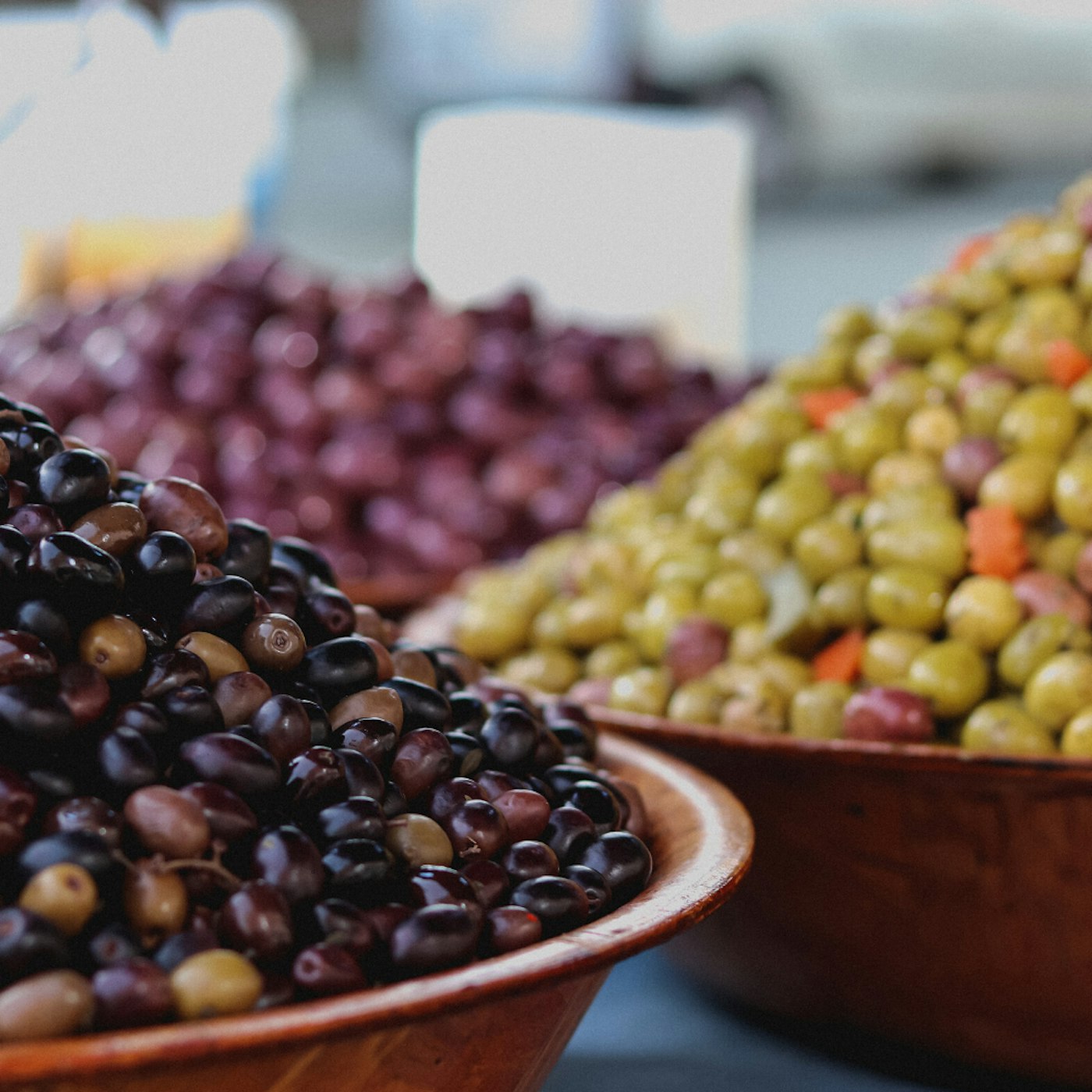The Anti-Ageing Effects of Fasting: Autophagy
by Ashiya Mendheria in Culture & Lifestyle on 15th May, 2022

With the prevalence of intermittent fasting, scientific studies on the health benefits of fasting is a growing phenomenon. As Muslims, our foremost intention for fasting is to obey the commands of God and seek His pleasure. Yet, learning and understanding how fasting is beneficial for our health and longevity offers an additional incentive to fast. Fasting is difficult, but the more we can appreciate it, the more we can begin to enjoy the process.
The coronoavirus pandemic has shown us that we must be appreciative of the health we have been blessed with. The Prophet, peace and blessings be upon him, said, “There are two blessings which many people waste: health and free time.” Our body is a blessing. So surely it deserves to be taken care of, especially during Ramadan, and not to be taken for granted.
One of the most wonderful perks of fasting is the upregulation of autophagy (pronounced aw-tuh-faw-jee). Autophagy literally means ‘self-devouring’ or ‘self-eating’ – it is our body’s natural cleansing system in the brain, fat cells, liver and muscle. Autophagy is the process of repairing and/or eliminating dysfunctional cells, reducing oxidative stress and tissue damage, and removing pathogens. Our cells deteriorate overtime from the daily stressors of life, such as pollution, environmental toxins, processed foods, nutrient deficiencies, chronic stress and poor-quality sleep. This is where autophagy comes in to repair and rejuvenate our cells. Consequently, autophagy plays an important role in disease prevention, including diabetes, cancer, autoimmune conditions, liver disease and neurodegeneration.
Normally, autophagy occurs at a low level, but during fasting, the ‘stress’ of calorie restriction signals cells to increase recycling of cell components to cells function properly, hence autophagy activation. When we are constantly eating or grazing throughout the day, our cells are not given the opportunity to repair and clear up any accumulated waste and toxins.
How does autophagy slow down ageing?
Ageing is an inevitable and natural cycle of life, but autophagy allows us to slow down the ageing process. The result of autophagy is healthier and younger cells, meaning healthier looking skin, faster metabolism and increased energy. Autophagy facilitates longevity, helps the mitochondria (the powerhouse of cells) to work more efficiently, reduces risk of neurodegenerative diseases, enhances how the immune system fights off infections, reduces inflammation and DNA damage, and reduces skin ageing.
Food quality during iftar and suhoor
There are specific foods and active ingredients we can include in our iftar and suhoor to further enhance autophagy:
- Prioritise healthy fats: coconut milk, coconut oil, avocado, salmon, sardines, olives, olive oil and nuts.
- Complex carbohydrates come second: root vegetables, beans, lentils, brown rice, buckwheat, barely, quinoa and oats.
- Good quality proteins: chicken, eggs, yogurt and turkey.
- EGCG (epigallocatechin-3-gallate): a polyphenol found in green tea. Caffeinated drinks are best kept at a minimum during Ramadan.
- Vegetables: aubergine, peas, tomatoes, peppers, broccoli sprouts, broccoli, cauliflower, kale, mushrooms and spinach.
- Herbs and spices: cinnamon, cumin, turmeric and basil.
- Fruits with high polyphenol content: blueberries, strawberries, raspberries, plums, cherries and apples.
- Foods with good resveratrol content: grapes, peanut butter, pistachios and dark chocolate.
A predominantly whole foods-based diet, regular movement, good quality sleep, and emotional and spiritual wellbeing is key to longevity and healthy ageing.
Disclaimer: This information does not constitute as medical advice. Consult your doctor or healthcare provider for advice regarding any medical condition. Do not attempt to self-diagnose or treat medical conditions based on this information.
To read more articles from Ashiya please visit her profile
References:
Ashiya Mendheria
Ashiya Mendheria is a nutritional therapist, and works with women and children of all ages, to cultivate wholesome health by focussing on nutrition and lifestyle changes. Ashiya believes health and vitality can be elevated through practical actions found in the daily, small but consistent habits.